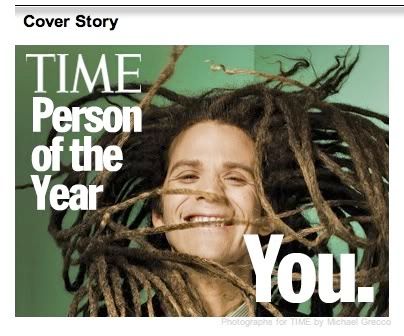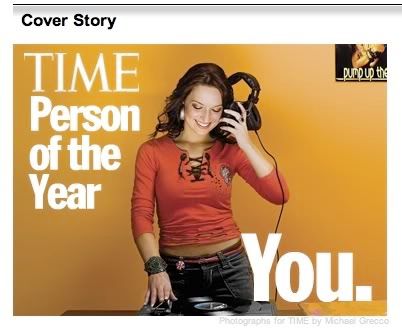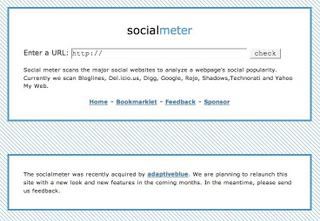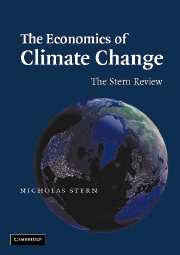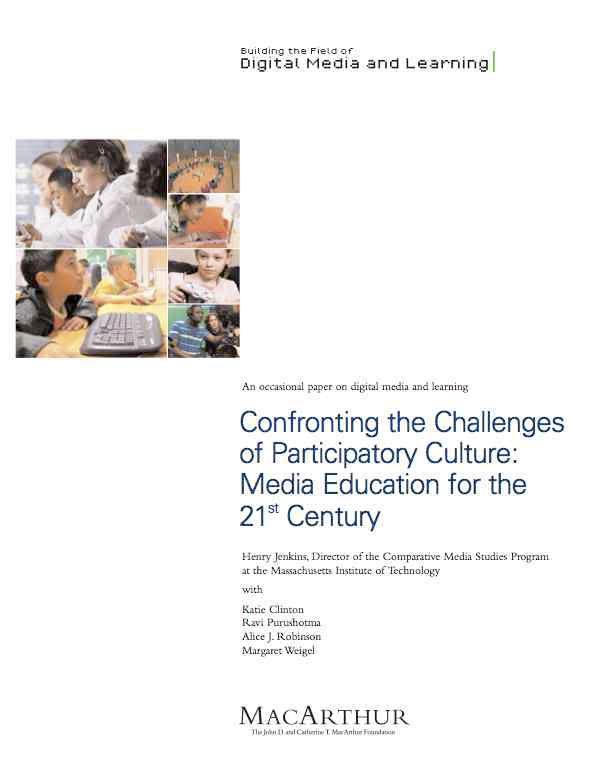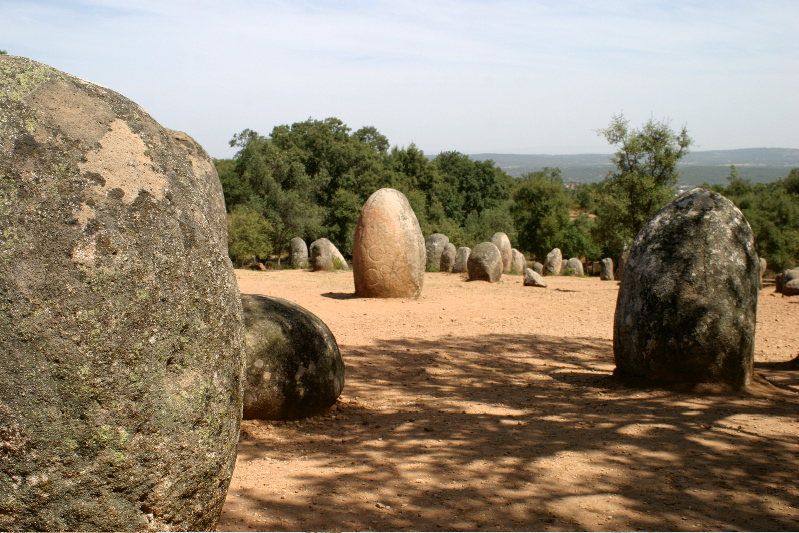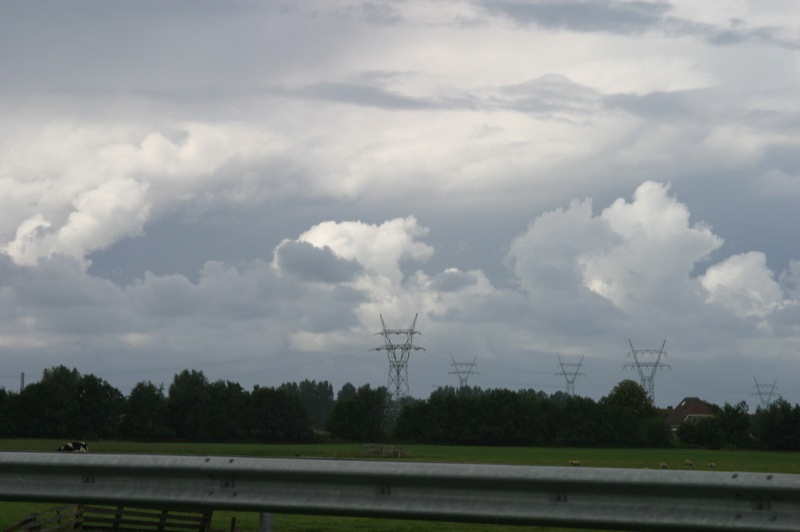Are you a Geek, Nerd or Dork?
This has to be one of the clearest profiling descriptions that I've seen. Thanks to Militant Geek blog,
An alarming trend that we've noticed at the Militant Geek HQ is the sloppy usage of the terms geek, nerd, and dork. It was almost as if certain individuals assumed that they meant the same thing!
For the record, Geeks are those that have technical aptitude. Nerds are bright but socially awkward. And, Dorks are just inept excuses for protoplasm. To prevent such future travesties of verboten wonders, the retired circus-monkey crew at Militant Geek have prepared this handy comparison chart:
Geek vs. Nerd vs. Dork
Fictional Differences Expressed in Terms of Everyday Items
| GEEK | NERD | DORK | |
|---|---|---|---|
| Chief Cell-Phone Concern | Does it have BlueTooth? | Does it play games? | Who would I call? |
| Mantra | Can we fix it? Yes we can! | The meek shall inherit the earth | Where’s the remote? |
| Dream Job(s) | Nasa/ILM/Google | Wizards of the Coast/Marvel Comics | ‘American Idol’ Archivist |
| Uniform | Jeans and Ironic T | Penny loafers and Acne | Whatever Mom wants |
| Starter Apartment Furniture | Computer Desk | Kitchen Table for D&D | Starter Apartment? |
| Favorite Sport | Robot Wars | Captain Kirk Drinking Game | Handheld video poker |
| Playlists | Knight Rider/A-Team Mashups | Lord of the Rings/Star Wars Soundtracks | 139.5 ‘Best Hits of Today, Tomorrow, and Beyond!!!’ |
| Favorite Childhood Toy | Legos | Superhero | Own snot |
| Boner Worthy | API Documentation | Babylon 5 Marathon | Bra section in the JCPenny Catalogue |
